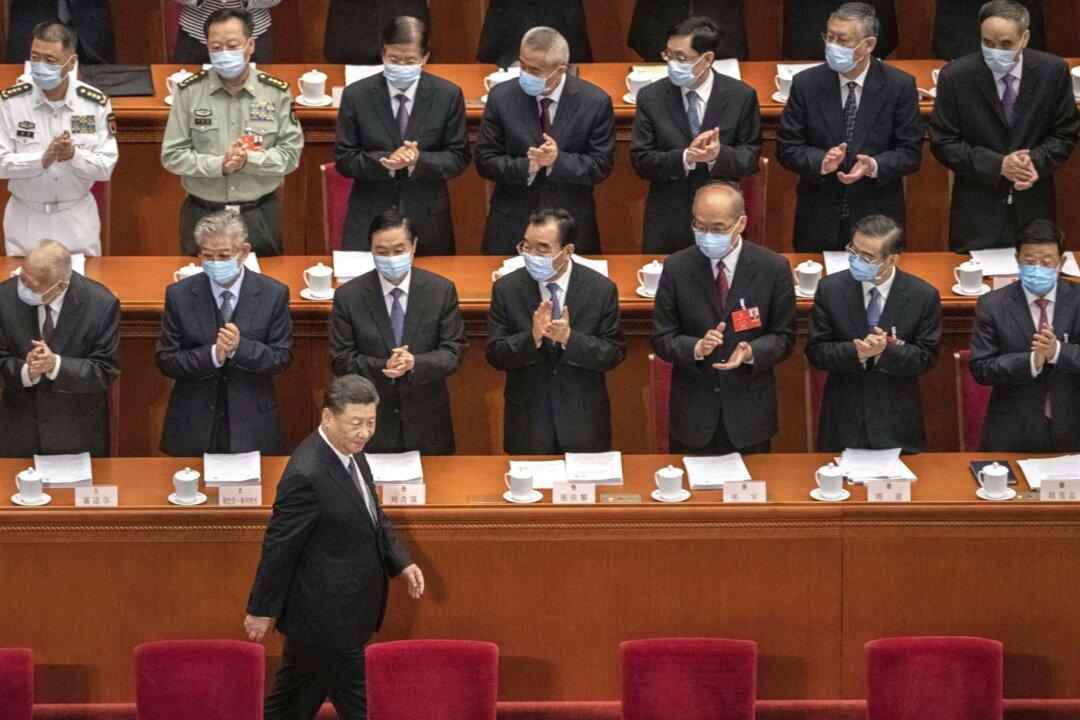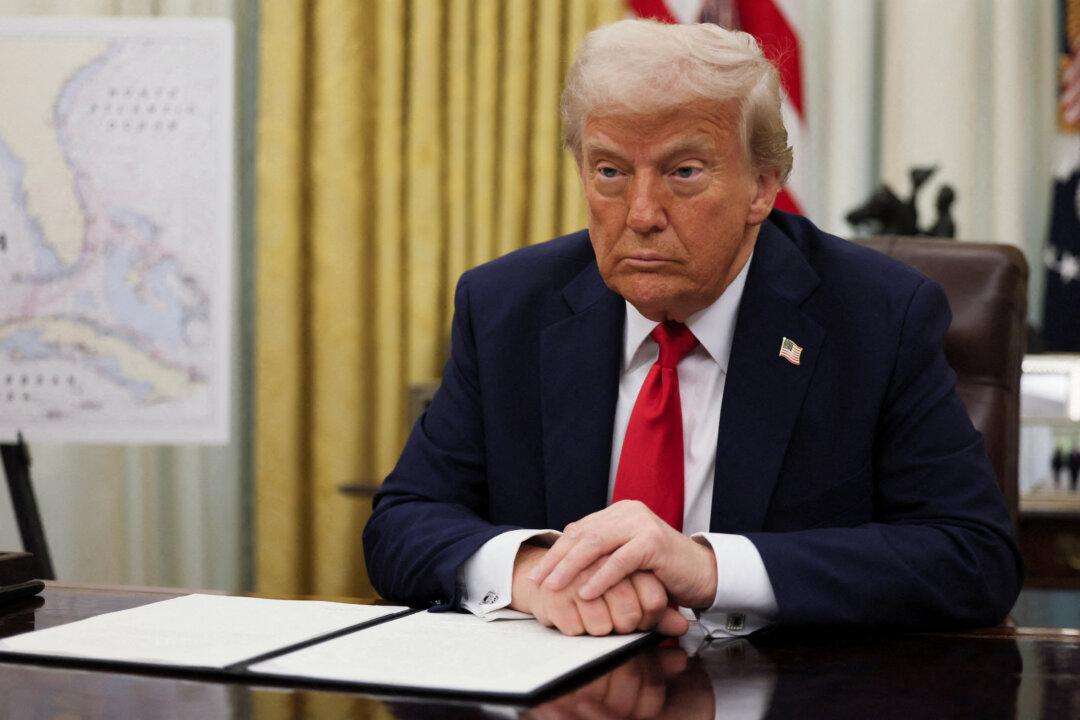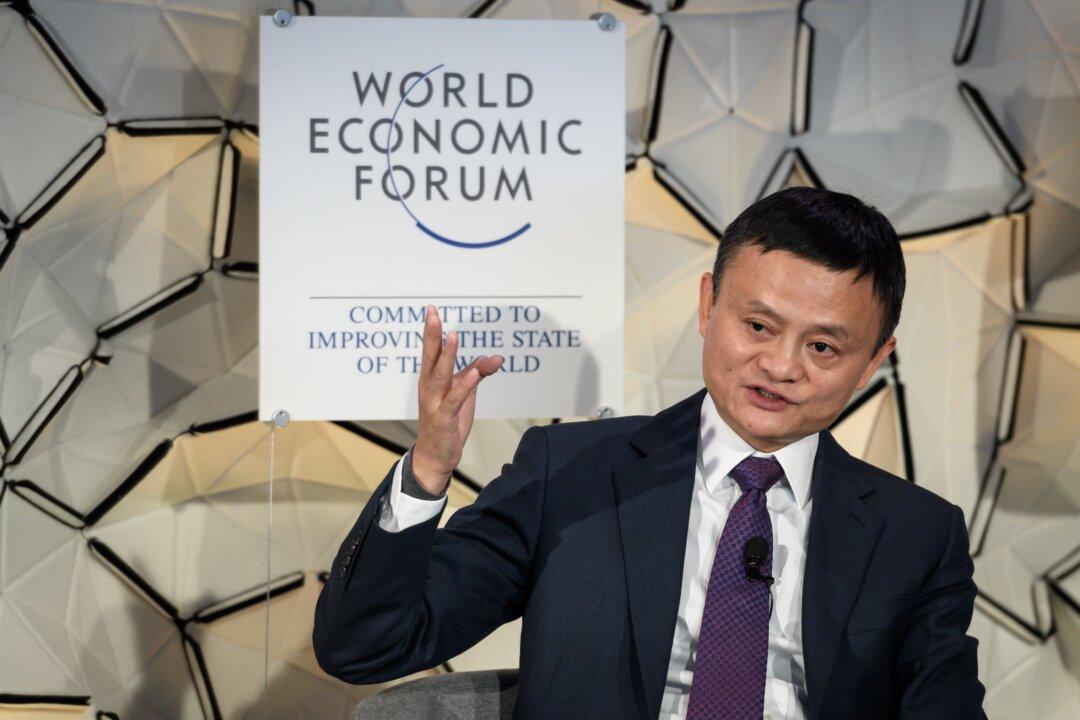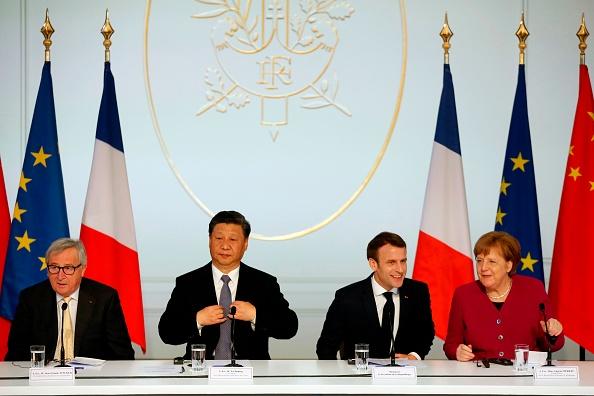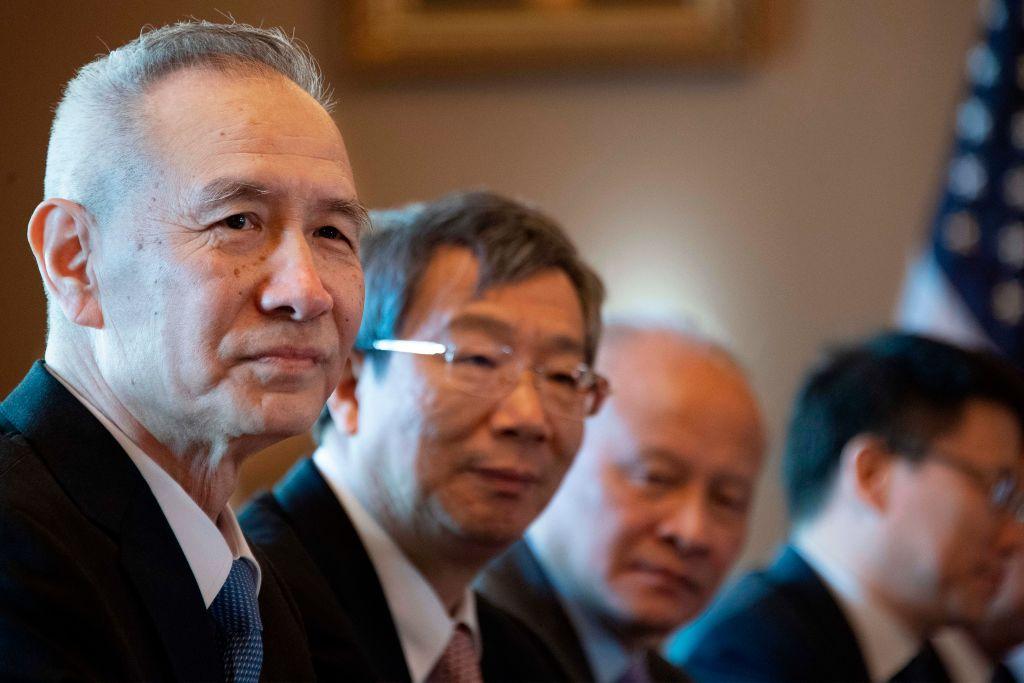An article by Chinese state media Xinhua News titled, “A Preview of the 2021 Two Sessions: China’s Signals at a Juncture in History,” was recently posted in the exclusive spot reserved for coverage of Xi Jinping, meaning it carried unusual weight.
The term “Two Sessions” refers to the annual plenary sessions of the CCP’s national-level political decision-making organizations.
